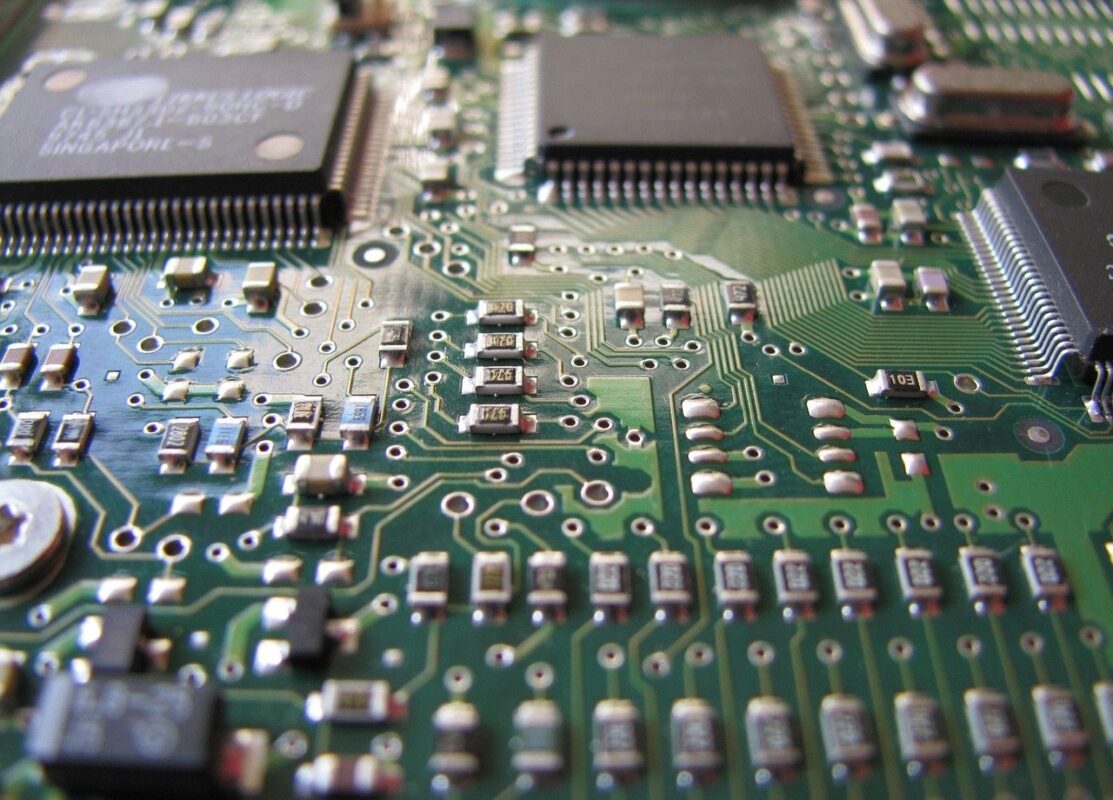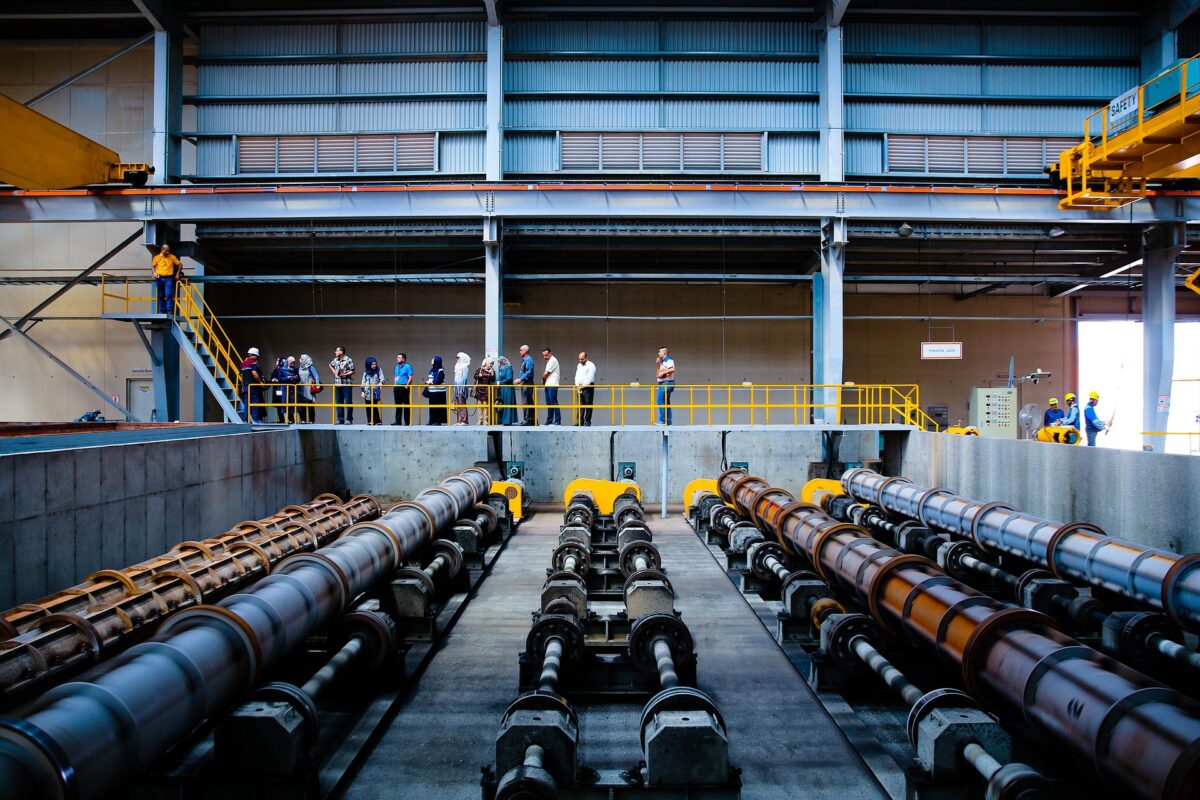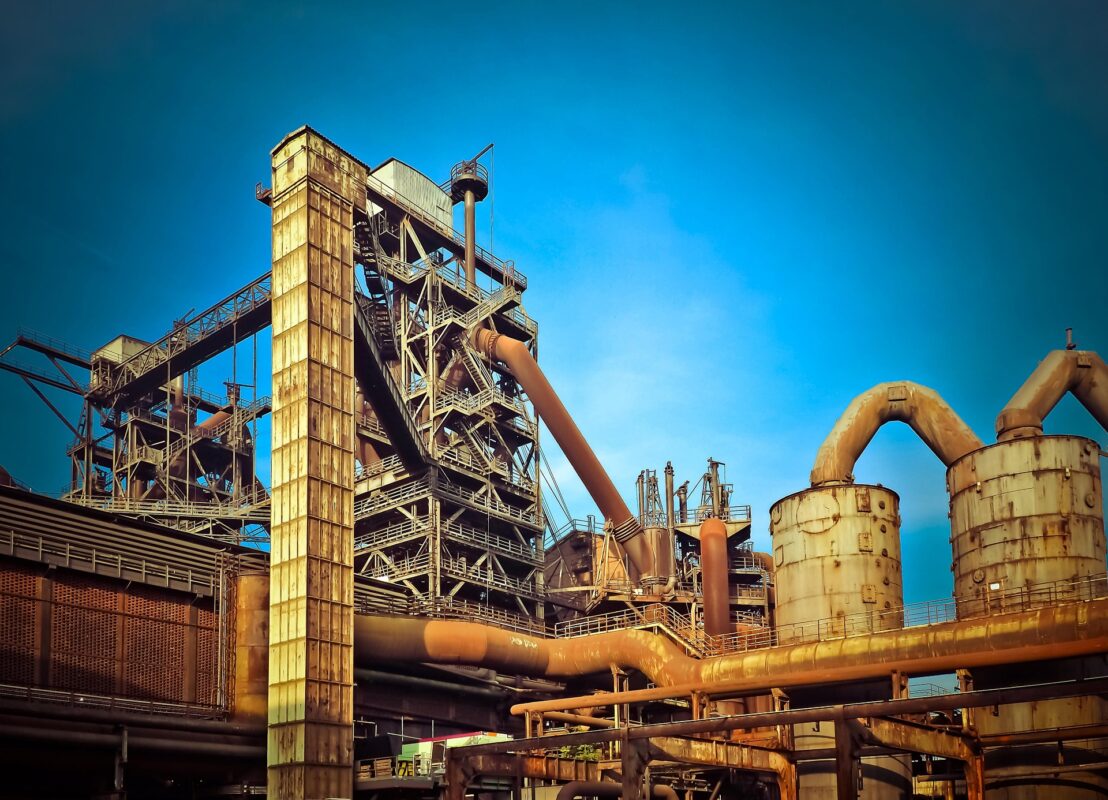
Blog
Apple’s $500 Billion Bet: Manufacturing and Innovation

Apple Inc. has announced a groundbreaking investment plan to allocate over $500 billion in the United States over the next four years. This substantial investment aims to bolster its manufacturing capabilities, create new jobs, and strengthen its domestic supply chain. The move comes amid ongoing discussions with the Trump administration, which has been actively pushing for companies to expand their U.S.-based production and reduce dependence on overseas manufacturing. Let’s dive into it.
One of the key components of Apple’s investment strategy is the establishment of a new manufacturing facility in Houston, Texas. This facility is expected to focus on producing high-performance computing components, particularly servers supporting Apple’s artificial intelligence (AI) initiatives, branded as “Apple Intelligence.” This facility alone is projected to generate 20,000 new jobs, reflecting a major commitment to American workers and the local economy.

Further Expansion
In addition to the Houston plant, Apple plans to double its Advanced Manufacturing Fund to $10 billion. This fund is designed to support innovation in the U.S. manufacturing sector by investing in suppliers, automation, and cutting-edge technologies that will help sustain Apple’s growth. Furthermore, Apple is partnering with Taiwan Semiconductor Manufacturing Company (TSMC) to enhance chip production in Arizona. This collaboration aligns with the broader U.S. objective of securing a more resilient semiconductor supply chain, especially in light of global chip shortages and geopolitical tensions with China.
Beyond direct investments in production facilities, Apple is also establishing a Manufacturing Academy in Michigan, aimed at training a new generation of skilled workers for advanced technology and engineering roles. This initiative is expected to strengthen America’s workforce and reinforce the country’s position as a global leader in innovation.
Other Companies Following Suit Under the Trump Administration
Apple is not the only company making bold moves in response to Trump’s policies. Several other corporations have adjusted their strategies to align with the administration’s economic agenda, leading to major shifts in the business landscape. Let’s take a look at it!
Taiwanese Tech Firms Expanding in the U.S.
First, Taiwanese tech giants are making big moves in the U.S. Companies like Foxconn, Apple’s key assembly partner, have announced major investments, bringing advanced electronics manufacturing to American soil. You might remember Foxconn’s highly publicized plan to build a massive LCD panel plant in Wisconsin—a key win for Trump’s “America First” economic strategy. While the project has evolved over time, it still stands as a significant step in boosting foreign investment in U.S. manufacturing.
Korean Companies Strengthening U.S. Operations
Next, let’s talk about South Korea! South Korean companies are doubling down on their U.S. investments. Take Hyundai and Kia Motors, for example—they’ve expanded their manufacturing plants in Georgia and Alabama to stay ahead of potential tariffs on foreign-made cars. And it’s not just the auto industry—Samsung and LG, two of South Korea’s biggest electronics giants, have boosted U.S. production of home appliances to avoid import tariffs.

Japanese Steel and Automotive Investments
Next, let’s turn to Japan. How Japanese companies are navigating these changes? Trump’s policies have really shaken up the automotive and steel sectors. For instance, Nippon Steel’s partnership with U.S. Steel is a standout move, aiming to modernize American steel production by blending Japanese technology and expertise with U.S. operations. And if you’re following the automotive scene, you’ll notice that Toyota and Honda are stepping up as well—both have made major investments to expand their manufacturing capacity in the U.S. This strategic shift is all about staying competitive, even as potential trade restrictions loom.
U.S. Firms Reshoring Manufacturing
Finally, let’s talk about American companies. Many U.S. corporations are making big moves to bring production back home! Intel and General Motors are leading the charge, with major investments in domestic manufacturing. Intel, for example, is pouring money into new semiconductor plants in Ohio and Arizona, strengthening the U.S. supply of these crucial electronic components. And GM? Under pressure from the Trump administration, they’ve rethought some of their offshoring strategies and are ramping up electric vehicle production right here in the U.S. It’s a big shift—could this be the start of a manufacturing renaissance in America?

Conclusion
Apple’s massive investment in U.S. manufacturing signals a major shift in corporate strategy, driven by both technological demands and the Trump administration’s economic policies. The push to localize production, secure supply chains, and create domestic jobs aligns with broader trends seen across multiple industries.
Since Donald Trump took office, many policies have changed in various areas, including economics and technology. While some are still under discussion or have been canceled, his policies on climate change are being implemented. As a result, companies must significantly adjust their strategies.
However, this doesn’t mean we can stop our efforts to protect the environment. Even if some companies in the U.S. scale back their sustainability initiatives, people around the world continue to demand strong environmental performance from businesses.
At Carbon Da Capo, we support companies in their sustainability efforts through carbon credits. Join us anytime!
